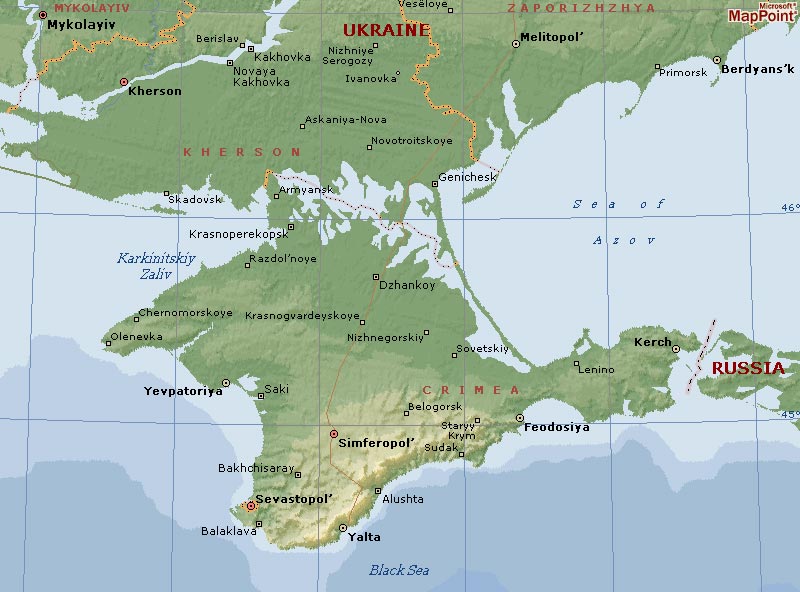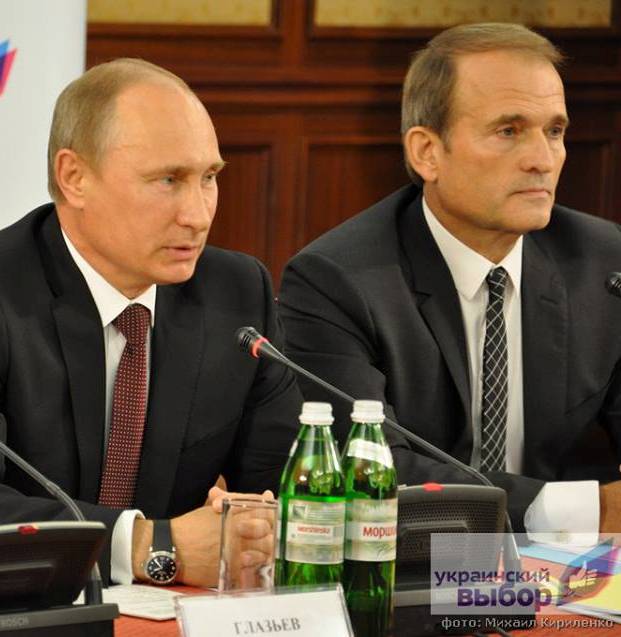After a week in which various opposition leaders have declared that they may not have agreed with how Vladimir Putin annexed Ukraine’s Crimea but will not push for its return, one Moscow commentator is proposing a six part process to “liquidate the consequences of the illegal seizure of [the Ukrainian peninsula] by Russian forces.”
In a post on Kasparov.ru today, Igor Eidman says that while he disagrees with Aleksey Navalny and the others, they do raise an important issue: “is it possible to liquidate the consequences of the criminal seizure of Crimea by Russian forces while observing the legal right of its residents to define their fate”.
According to Eidman, such a possibility exists, albeit not in any form that the current Russian leadership would accept. “But it is necessary to think about the future,” and the Russian opposition needs to come up with “clear proposals” lest the current obsession with the idea that “Crimea is our” lead to “panic.”
He proposes, clearly for purposes of discussion, the following “’road map.’” First of all, Russia must rescind “all legislative actions connected with the annexation of Crimea, officially drop all claims to it, and confirm the recognition of the borders of Ukraine which existed before the beginning of the Crimean adventure.”
Second, “all decisions of the pro-Russian Crimean authorities, including cadre decisions taken after the turnover of February 27, 2014, are also to be annulled. Third, “Russian forces in Crimea are to be pulled back to the territory of their military bases and not have the right to leave them. Their numbers cannot exceed those which existed in 2013.”
Fourth, for a one-year-long transitional period, an international administration including representatives of Ukraine, the European Union (or the United Nations), and the new authorities of Russia will run the peninsula until new Crimean organs of power can be elected and take office.
Fifth, elections to a new Crimean council, mayors and other officials will take place under this international supervision. And sixth, the new Crimea government “will be required to operate in correspondence with the constitutions of Ukraine and the Autonomous Republic of Crimea.”
That body can then, Eidman says, “conduct a referendum on the future of the peninsula but no earlier than a year after these elections.” And that referendum can choose “variants of autonomy” within Ukraine or “complete independence.”






